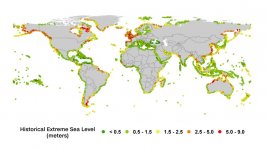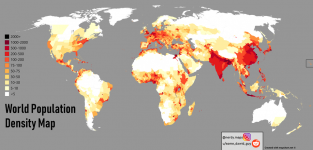- Joined
- Dec 22, 2012
- Messages
- 66,364
- Reaction score
- 22,109
- Location
- Portlandia
- Gender
- Male
- Political Leaning
- Libertarian - Right
You told me "Well, you're dishonest or you're uneducated on the topic. Which is it?"That doesn't even make sense.
Are the meds low today or were they too high yesterday?
At least I know where coal and oil come from.
I'm saying that fits you. Not me.


